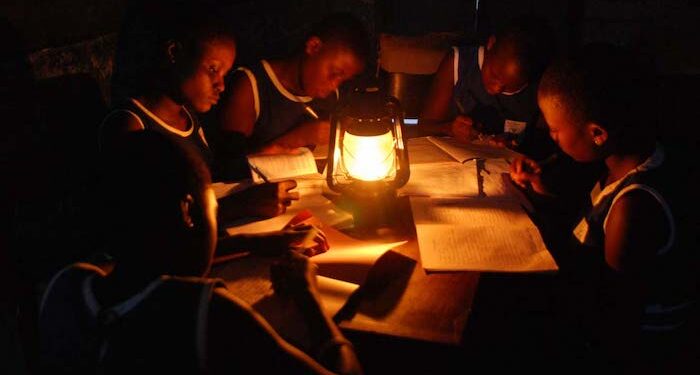According to a joint report by the International Energy Agency (IEA), the International Renewable Energy Agency (IRENA), the United Nations (UN), and the World Health Organisation (WHO), Nigeria has the highest number of people without access to electricity. As of 2021, approximately 86 million Nigerians, out of a population of over 200 million, were living without electricity. The report also identified the Democratic Republic of the Congo with 76 million people and Ethiopia with 55 million people as having significant electricity access deficits.
The report focused on the electricity access gaps in sub-Saharan Africa, where half of the regional population still lacks access to electricity. The 20 countries with the largest access deficits accounted for 75 percent of the global population without access to electricity. It emphasized the need to bridge the electricity access gap, particularly for those living in poor and remote regions, and suggested an annual growth rate of one percentage point from 2021 onward, which is nearly twice the current pace.
Several challenges contribute to the lack of progress in electricity access, including limited financing, inadequate risk mitigation resources, financially nonviable utilities, low capacity in critical agencies, and the absence of local financial institutions with expertise in access-related projects. The report highlighted the importance of political commitment and maximizing the socio-economic benefits of access, with a focus on vulnerable populations.
Access to electricity is crucial for education, healthcare facilities, lighting, clean water supply, medical equipment, and various other services. The report emphasized the need to prioritize these areas, particularly in low- and lower-middle-income countries, where health infrastructure is often neglected.
To address the electricity access gap, the report recommended establishing conditions that support transparency, accountability, and de-risking investments. Regional cooperation among national electricity companies and regional electricity markets was suggested as a solution for managing prices and ensuring the security of electricity supply, considering the predominance of small national power systems in the region.
The report also stressed the importance of good regulatory and policy frameworks that encourage productive uses of electricity, generate income and employment, and fight poverty. Integrated access planning, expansion of mini-grid and off-grid systems, technological innovation, and digitalization were highlighted as key components for closing the energy access gap while benefiting multiple sectors of the economy.
The report called on governments across the African continent to deploy digital technologies, ensure interoperability of components, strengthen national institutional networks, and update legal frameworks to guide standards and regulations for energy products and services.


